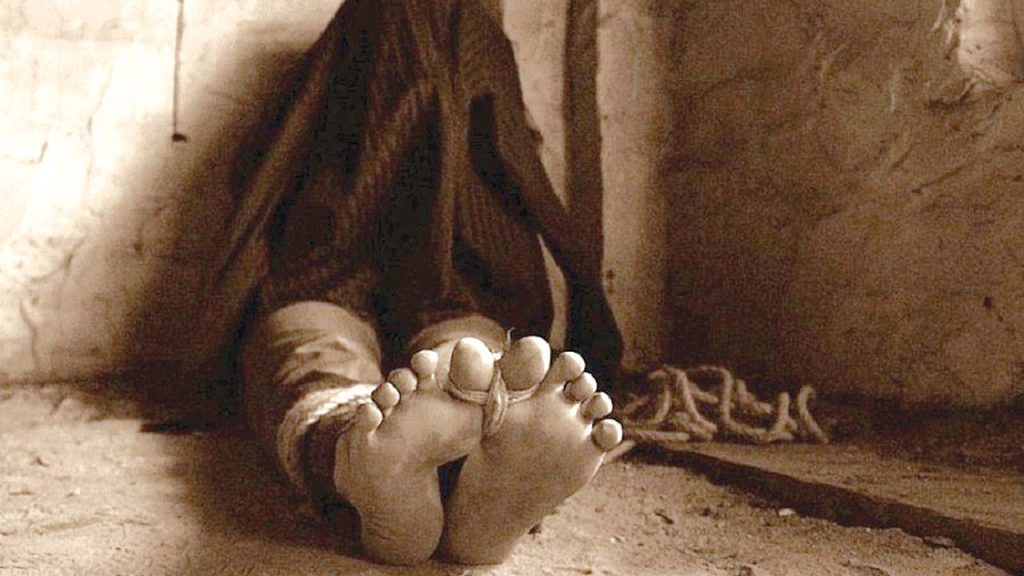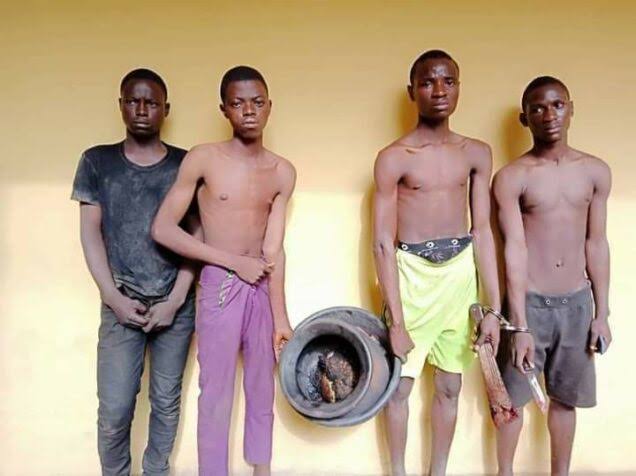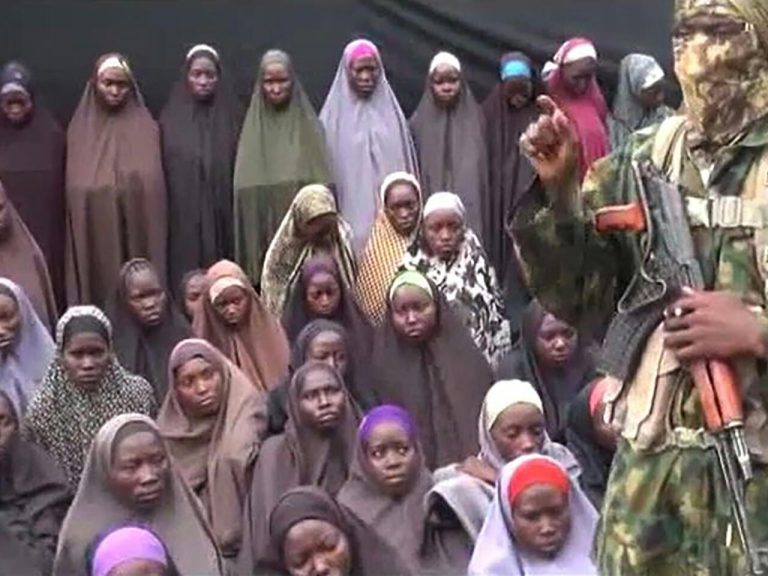LAGOS, Nigeria (VOICE OF NAIJA)- Explore the internet or check the news headlines now and you will see at least one report on banditry, across Nigeria, especially in the Northern region.
It is now less surprising, as these reports are making rounds on the internet on a daily basis.
Banditry, insecurity in Nigeria is a recurring phenomenon that threatens the well-being of its citizens.
Generally, insecurity assumes varying dimensions in different geopolitical zones.
READ ALSO: We’re Fighting To Rid Nigeria Of Banditry, Kidnapping, Herder Crisis – Buhari
The South West is plagued with a lot of cybercrime, armed robbery, kidnapping, domestic crime, killings by Police without trials, conflicts between herders and farmers and ritual killings.
In the South East, there are also reports of many ritual killings, crimes related to businesses, demands for separation (IPOB), kidnapping, clashes between herders and farmers, attacks by unknown armed people, and to some extent, banditry.
Meanwhile, in the South, there’s a concern about militant activities, kidnapping, and protests about environmental issues.
This article is, however, taking a close look at the Northern region, where there have been a humanitarian crisis for more than ten years because of the Boko Haram insurgency and the Islamic State in West Africa Province.

Although there are problems with illegal mining, killings related to ethnic and religious differences, bandit attacks are becoming a remarkable trend and threat to the country.
This complex issue called banditry, has slowed down development in the said region and also led to more crime over the years.
READ ALSO: 1,000 Hunters Mobilized To Fight Bandits In Bauchi Communities
Banditry refers to ‘a type of organized crime that includes kidnapping, armed robbery, murder, rape, cattle-rustling, and the exploitation of environmental resources.’
The subject matter has recently come to the fore in North east, with increased activities of kidnapping, cattle grazing, others in the northwest region of the country, particularly in Zamfara, Kaduna, Niger, Sokoto, Kebbi, and Katsina states.
In addition to complicating the security crisis in the country, banditry has also increased forced migration, cattle rustling, destruction of property, displacement, humanitarian crises, and death. For example, between 2018 and 2020, an estimated 4900 people lost their lives to bandit attacks, while 309,000 internally displaced persons and 60,000 refugees have been recorded.
Economically, the consequences of banditry are profound. Cattle rustling, for example, has not only led to financial losses for herders but has also disrupted the livelihoods of many. The illegal activities associated with banditry, kidnapping for ransom and other crisis, are not only an emotional burden on families; they also have a long-lasting economic impact on households, statistically, already among the poorest in the country.
READ ALSO: Security Agencies Kill 21 Suspected Bandits In Kebbi
The humanitarian toll of banditry cannot be underestimated. Thousands of individuals and families have been displaced from their homes, leading to overcrowded camps for internally displaced persons (IDPs). These IDPs often lack access to basic necessities such as food, clean water, and healthcare, making their situation tiring.
To potentially address the prevalence of banditry and related activities, one might suggest that these regions focus on enhancing governance, strengthening legitimacy, and promoting effective leadership. This could help protect citizens from exploitation by terrorist groups, traffickers, and other criminal elements.

These areas are not entirely devoid of the Government’s control but are governed poorly and differently from larger communities. These poorly governed territories are plagued by bandits and other criminal gangs due to their remoteness, which allows for the perpetuation of illegal business and criminal activities.
Additionally, we could think about doing a few things. Firstly, we should put in place proper rules and leaders in areas where there are few. Secondly, we need to make our security system stronger. Thirdly, working to stop the spread of small guns and weapons. The Government should also try to improve the lives of people by fighting poverty and unemployment.
READ ALSO: Army Holds Special Operation To Fight Bandits, Herdsmen In Benue, Nasarawa
To further enhance security in these under-governed regions, where bandits activities are on the surge, we should address the fact that the Nigerian Police are often understaffed and inadequately equipped. The Government needs to provide more personnel and better resources for the Police.
Another possible reason for these challenges lies in the socio-economic conditions prevalent in these regions, which of course has worsened because of the issue of banditry. Many young people there may be more likely to join bad groups because life is hard. They face issues like poverty, not having jobs, or no access to what they need, and not being treated fairly.
Even though these problems are a challenge for the whole country, working to fix them in the North can help a lot. For instance, places like Zamfara, Jigawa, and Sokoto have the highest poverty rate, with levels as high as 74%, 87%, and 87.7%. If life can be made better in these places, it might reduce the chances of young people getting into crime, like joining groups such as Boko Haram or bandits.
In light of these challenges, addressing banditry in northern Nigeria is not just an option but a necessity. It calls for a coordinated approach, involving various levels of Government, law enforcement agencies, community leaders, and civil society organizations.
This approach should focus on improving security measures, addressing the root causes of banditry such as poverty and unemployment, and providing support to affected communities.




